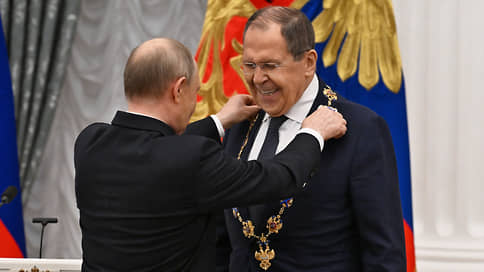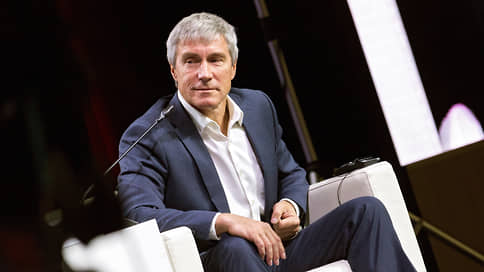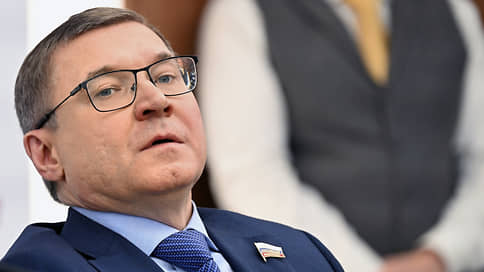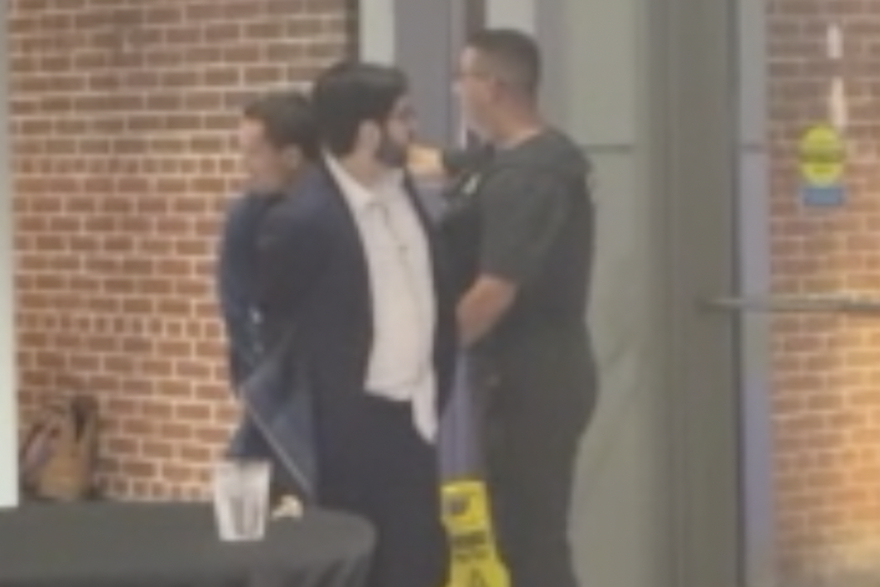Authorities tighten the possibilities of returning foreign investors to Russia

The authorities tighten the possibilities of returning foreign investors to Russia – new owners of the left assets can refuse investors in the execution of the option to reject the company. The bill about this is approved by the second reading of the State Duma Committee on Property issues, but, as Kommersant found out, the norms will still be discussed next week. Barriers for the return of foreigners are necessary to support national manufacturers and import substitution. Lawyers believe that the rejection of reverse ransom can lead to court claims, but the project implies legal grounds for such a refusal, which reduces risks.
The State Duma Committee on May 22 approved the second reading of the deputy bill with amendments to the law on joint -stock companies, at which at the last moment the norms on the special conditions for the return of assets for foreign companies that sold assets after the beginning of the military operation of the Russian Federation in Ukraine were introduced. Vladimir Putin instructed to develop them – at a meeting in March, he noted that the departed companies should not buy a business with a discount to a market price.
The Committee reports that the bill will allow Russian citizens and companies to refuse to return assets to foreign investors, subject to a number of conditions: in case of communication with “unfinished” countries, dishonesty in the sale of assets and non -fulfillment of obligations to employees and creditors. Let us explain, we are talking about additional regulation of options – laid down in agreements on the sale of the possibilities of redemption of the asset by the previous owner. According to Reuters, an option for a return ransom of business was provided for 21% of transactions with foreign companies that decided to sell their assets in Russia. At the same time, the price of reverse redeeming by the option was determined by market estimate in only 33% of transactions in which it was provided.
Foreign investors will be able to receive compensation, but Russian owners will be able to reduce its size or completely refuse to pay.
Department of departments will be able to ban the purchase of assets if the activities of such assets « significantly affects the socio-economic development of the country. » The chairman of the relevant State Duma Committee Sergey Gavrilov notes that the adoption of the bill will protect the legal rights and interests of Russian business owners, who, after leaving the country, have preserved and develop enterprises.
Recall that the process of departure of foreign companies from Russia is strictly regulated: transactions between foreign and Russian investors are submitted to the subcommission of the Government Commission on Foreign Investments (the Ministry of Finance oversees its work). The conditions of withdrawal from assets are unprofitable for foreigners: there are a discount for sale and mandatory contribution to the budget (see “Kommersant” of October 12, 2024). The clear rules of the game since 2022 have never developed, each transaction is unique: uniform practice is formed only in the technical part of the consideration of applications, lawyers noted (see “Kommersant” of July 23, 2024).
At the same time, according to the Kommersant’s source, a familiar with the document, the government subcommission will not make a decision to refuse to redeem the assets – for this the judicial procedure is assumed. Another interlocutor said that the discussion of the bill will continue next week.
The lawyers interviewed by Kommersant report that the rejection of reverse ransom can lead to court claims, including the requirement of a forced return of the asset or penalty of penalties or losses.
“However, the bill implies legal grounds for refusal, which reduces the risks of unconditional responsibility,” explains Vyacheslav Kosakov, managing partner of Novator Legal Group. According to him, decisions on refusal may be reasonable if they are linked to the protection of national interests. This is the answer to external restrictions, which corresponds to the logic of “symmetric regulation”.
The partner of ABAP Anton Samokhvalov recalls that, as a general rule, the law of retroactive force does not have, but the bill may contain the conditions that the foreign buyer will have to fulfill. “Already now, counter -sanctioned legislation requires“ unfriendly ”foreigners the consent of the right to control foreign investments to acquire shares in an LLC, regardless of whether they acquire shares in a new transaction or as part of the implementation of a previously concluded option,” the lawyer adds.
Other consequences of tightening the regime are reputation.
According to lawyer Natalia Vokvlesko, investors from Asia and the Middle East may require an increased risk premium or even abandon optional mechanisms. “The parties that plan to conclude agreements will take into account changes and provide for other ways to protect their right,” adds Vyacheslav Kosakov.
In case of refusal to reverse a ransom, the state may refer to sovereign risks, Natalia Vorravko believes. Thus, sanctions and foreign currency restrictions make it difficult to fulfill obligations. Among other reasons are the protection of strategic assets from withdrawal abroad and support for Russian companies and import substitution.
Presidential spokesman Dmitry Peskov yesterday confirmed that the regime for the return of companies will depend on the conditions of their departure. According to him, some companies left carefully, fulfilling the obligations, primarily social, and some “absolutely boorish”, abandoning obligations, labor collectives, abandoned their sectors of the economy. The latter is promised « a special regime during their attempts to return here. » In the return of the first, the Kremlin is interested. However, Mr. Peskov warned against hasty discussions: no one is returning yet. In May, Deputy Head of the Ministry of Finance Ivan Chebeskov reported that the relevant subcommission has not yet received applications for the return of foreign companies, non -residents continue to leave.








